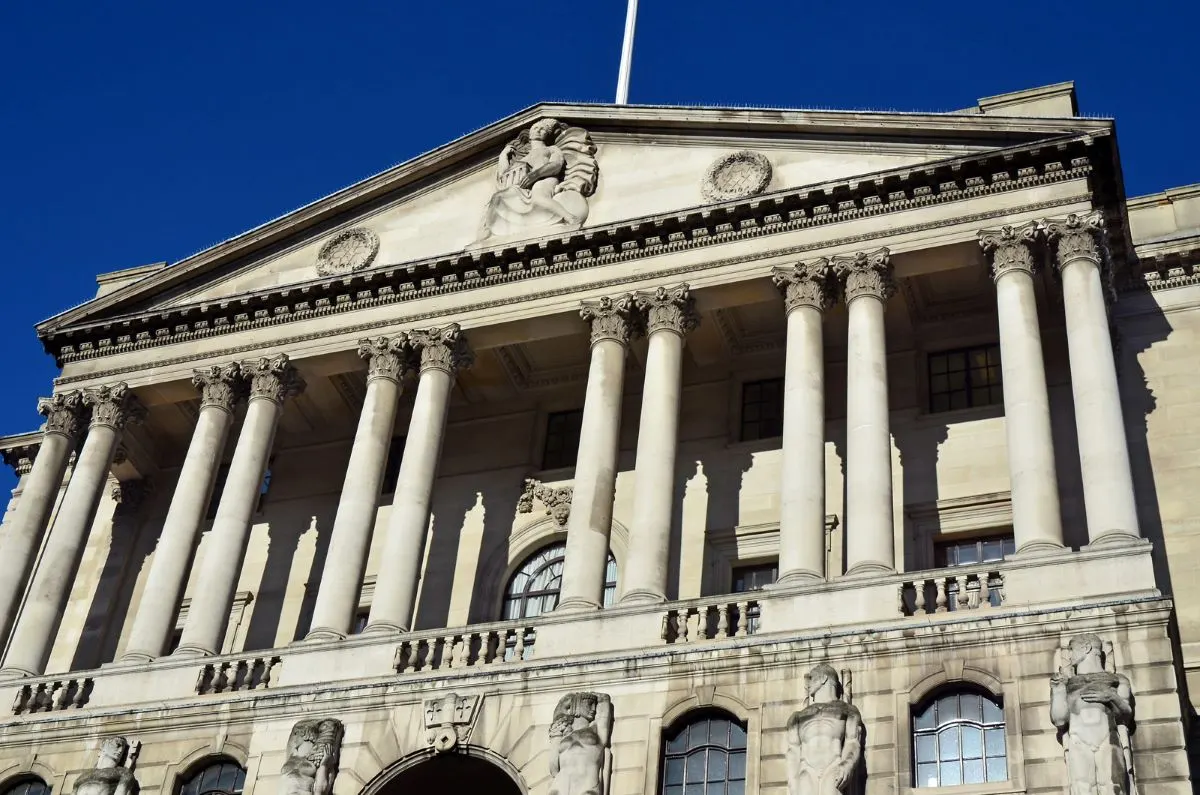UK (Parliament Politic Magazine) – The Bank of International Settlements has warned the growing economies to reduce their price growth as this could lead to inflation. The Bank of England in London has stated that the UK needs policies to reduce the price growth. UK inflation has been on the high even though interest rate has been constantly rising.
Governments should take the route of increasing taxes or cutting public spending as the central banks have been keeping their interest rates too low. According to the Bank of International Settlements, inflation has been on the rise and doesn’t seem to go down. It has become crucial to take the necessary steps to lower the inflation rate in the UK.
Stable Prices: The Upside of Calm Inflation in the UK
It is an alarming situation and the UK government must take some serious steps. The income and expenditure should be the right move to “calm inflation”. The annual report released by the Basel-based organisation has advised 63 central banks that have covered 95% of global economic output.
The government will set out on spending cuts or tax rises and they will be reducing the business and consumer demand. The battle to reduce inflation has become crucial. It has also become important to cool down the sharp rate of price growth.
There have been concerns that the UK economy is heading towards a recession. After the succession of a sharp rise in the interest rate, the BIS has stated that higher taxes and lower spending can help with the maintenance of the financial instability risks in so many ways.
The way to cure inflation is to cut the Bank of England base interest rate https://t.co/xC1cAowwKv pic.twitter.com/Z3aTxVlFG0
— Richard Murphy (@RichardJMurphy) June 21, 2023
UK Experts Call for Drastic Spending Cuts to Ease Taxpayer Burden
Jeremy Hunt’s March budget has loosened the government purse strings a little despite the freezing personal income tax thresholds that will be increasing the high rate of taxpayers in the next coming years. Conservative MPs will not be supporting the high taxes because millions of people have already been facing high mortgage bills. The rising prices of the shops have also been leaving a lot of pressure on the small business owners.
The Taxpayers’ Alliance have been promoting further spending cuts and they have been in opposition to the argument that has been put forward by the BIS. If these efforts end up failing drastically then this could lead to the reduction of the rate of inflation. The impact on economies could lead to a devastating situation. Inflation has come down from historic highs in the UK but there was still a serious risk that has been posed by the prolonged crisis.
Skyrocketing Inflation Sparks Outrage Toward UK Government
Both the government and the Bank of England, have been facing criticism as they have failed to tame inflation effectively. The government has played a key role in slowing down the price growth but the efforts have not been enough.
The major government interventions in fields such as financial support for British mortgage holders are affected by the higher monthly payments. This situation arose after the reliance on monetary and fiscal policy engines have been growing.
The decisions made by the central government or central banks can help to maintain long-term economic growth. The central bank of central banks has often spoken about the role of fiscal policy. The Bank has been set by the government and the key interest rates have been set by central banks as well.
The role of fiscal policy has been critical. This policy needs to consolidate as consolidation would help tackle the near-term and long-term challenges. Shortly inflation could reduce pressure and could leave a positive impact on productive capacity.
There should be a balance between taxes and spending. The interest rates should also be retained as this could restore the public faith in economic management. The power of fiscal and monetary policy depends on the implicit social contract which is underpinned by trust in the state.
People have agreed to pay taxes as they trust the government and use the proceeds for the public good. The locals in the UK have also accepted the use of money as major means of payment. They trust the central bank and believe that they will preserve their value.


